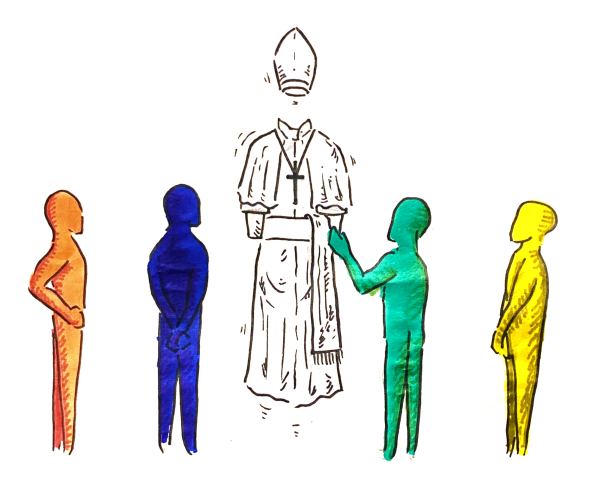Keeping Faculty Accountable
After attending one stu-fac meeting regarding the new interdorming policies in the Fall, it occurred to me that students don’t know about how faculty members are held accountable in this community, but the faculty have much of the control over how students are held accountable.
When a student is caught breaking a major school rule, most often a disciplinary committee (DC) hearing is held. To quote The Almanac, “It is the responsibility of a student’s class dean to initiate an investigation if there is suspicion that any standard of behavior has not been followed.” A group of elected students and faculty gather to hear the case. The DC comes to a decision, and presents their recommendation to Head of School Mr. Craig Bradley. In the end, Mr. Bradley is the one who makes the final decision regarding punishment.
According to The Almanac, the class dean is the one who makes the decision whether or not a DC hearing should be held. This system works for students, but leads me to ask, what is the system in place to hold faculty members in this community accountable, and how come students don’t know about it? Faculty don’t belong to any class, and therefore have no class deans. When a member of the faculty violates our community’s rules, who decides consequences? Does a disciplinary committee exist for faculty? We are told that the same trust is put in our students as our faculty to be upstanding citizens of this community. If that is the case, then shouldn’tsystems for discipline be the same?
After looking into it, I have learned that there is a protocol in place for faculty members, involving the Community Conduct Council (CCC). However, the system should be more widely communicated to the students so students can keep faculty members accountable, just like we are kept accountable by the entire community. Personally, I know that if I were to discover that a faculty member was acting inappropriately or in a way that does not uphold the standards of this community, I wouldn’t know what to do with that information. I would go to a trusted faculty member, but I don’t know exactly what would happen next. This produces a feeling of helplessness among the student body and dissuades students from reporting concerns.
The fact that students are unaware of any sort of disciplinary system for faculty members is concerning. Especially with recent cases in the school’s history of sexual assault cases involving faculty members, it concerns me as a member of this community that there is no way for me to hold the faculty members I surround myself with accountable, should any of their actions violate any rules or standards that we as a Hotchkiss community pride ourselves on.
To solve this, students should become more aware of the systems that are in place for faculty disciplinary action. While we would like to establish complete trust between members of our community, that is not reasonable without knowledge of the system.
Holding faculty members accountable should be publicized so that students can feel confident that they are held to the same standard in the community.





